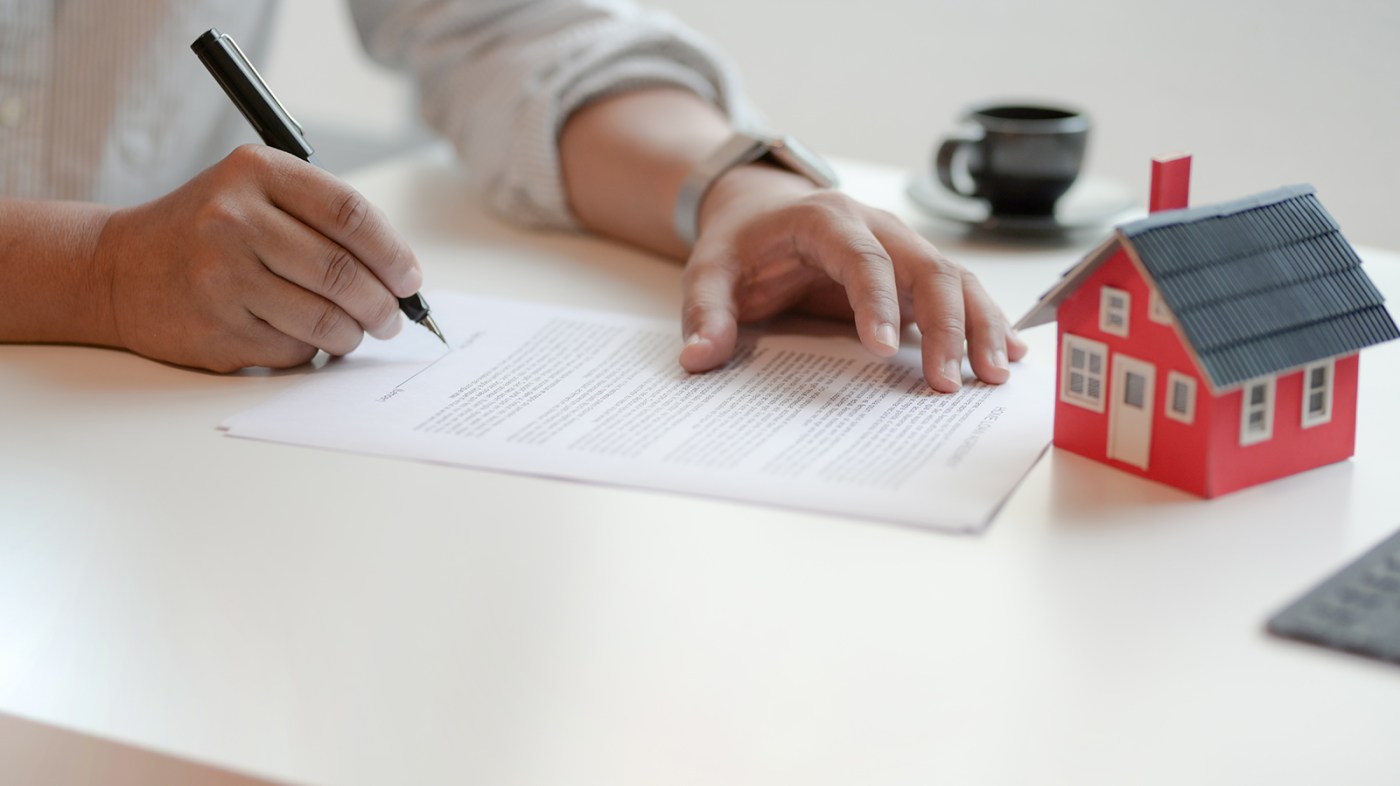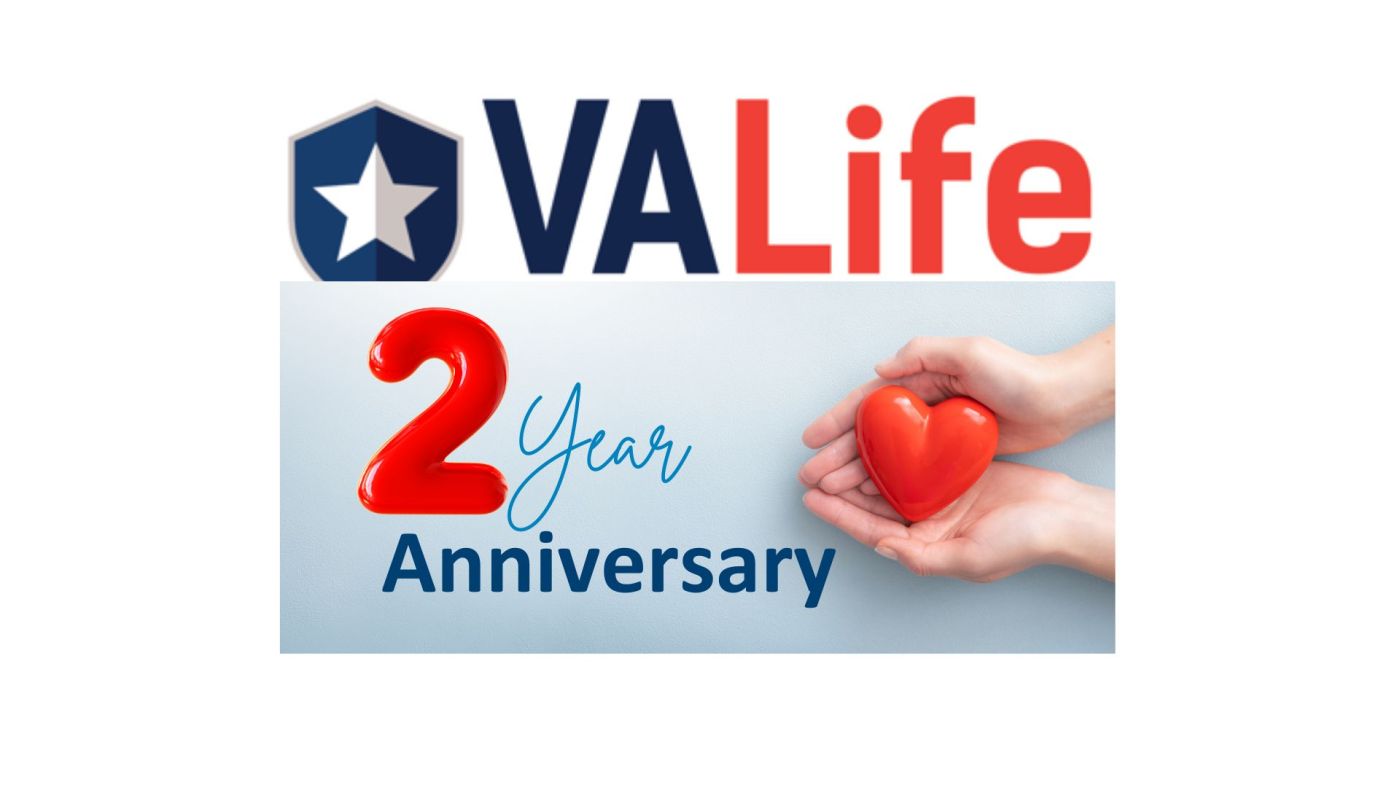On March 27, the President signed the Coronavirus Aid, Relief, and Economic Security Act, or CARES Act, into law to help Americans economically impacted by the coronavirus (COVID-19) pandemic to help homeowners avoid home foreclosure.
As the country rallies together to prevent further spread of the coronavirus, VA’s Loan Guaranty Service is working to assist Veterans. The service is specifically focused on ensuring our Veterans and their families facing temporary or more long-term difficulty paying their monthly mortgage understand their options.
How does this law affect my VA home loan?
If you experience financial hardship caused directly or indirectly by COVID-19, then – as with any financial hardship – you should immediately contact your loan servicer (the company that accepts your monthly mortgage payments). If you do lose income, you always have options to avoid foreclosure on your VA home loan. Your options include forbearance extension under the CARES Act.
The CARES Act allows borrowers with government-backed loans (including VA loans) to request special forbearance – an agreement between you and your mortgage servicer – where your servicer agrees to either delay payments or to accept partial payments for one or more months. The details of any forbearance agreement are between you and your servicer, which means you don’t have to call VA for permission. The Consumer Financial Protection Bureau (CFPB) has a video summarizing the mortgage forbearance changes.
- You can request a forbearance for up to 180 days without paying late fees or other penalties by simply stating you are affected financially by the COVID-19 national emergency. No extra documentation is required.
- If necessary, you can request up to 180 additional days of forbearance before the first forbearance period ends.
- Your servicer cannot report delinquency if you take advantage of relief related to COVID-19 throughout the current emergency and 120 days afterward.
What does “up to 180 days” mean?
Not all borrowers need 180 days. Your financial situation and ability to repay after the forbearance ends will help determine the length and terms of your forbearance agreement.
What do you need to know about forbearance?
It is important to understand that all delayed payments covered in a forbearance period are still owed. For example:
Your Monthly Mortgage Payment is $1,100 and you request a forbearance for three months. After the three-month forbearance, you’ll owe your mortgage servicer the $3,300 of missed payments in addition to resuming your monthly mortgage payment of $1,100.
Your servicer will try to help you reach affordability, so you must be honest about your income, savings and expenses. VA encourages you to be realistic about what you can afford and how much time you will need. We don’t want you to experience a worse financial situation in the future.
If you attempt to overreport your income to keep your home, you could face an insurmountable debt and raise your risk of foreclosure. Your servicer does not have to accept partial payments unless that was part of the agreement. If you underreport your expected income to try to save money, your servicer may determine that you can’t afford your loan and may raise your risk of foreclosure.
Your servicer will try to verify that you can afford your mortgage. Building trust will go a long way to help you avoid foreclosure and negative effects on your credit.
When are my missed payments due?
This depends on your forbearance agreement. Your repayment plan could be that you:
- Make the payments all at once, if you are financially able, or
- Spread payments out over an agreed upon time period.
What if I can’t afford the higher monthly payments?
In this case, VA allows loan modifications. This can offset the size of your monthly payments by extending your loan out beyond your 360-month (30-year) loan, as long as your loan does not exceed 480 months from origination date. Instead of 30 years, your loan term could be 30 years plus 1-month or up to 40 years.
Keep in mind, your mortgage note is a legal document that specifically states the date of first payment. Those payments are due on the first of each month, and the maturity date or paid-in-full date of the loan.
A VA loan can be repaid early without penalty, but your mortgage note must be legally modified to adjust any of the terms mentioned above.
What if I don’t have a government-backed home loan?
- All homeowners can use the Consumer Financial Protection Bureau’s (CFPB) “Find a Housing Counselor” tool to find counseling agencies approved by the Department of Housing and Urban Development (HUD) in your area.
- You can also call the HOPE™ Hotline, open 24 hours a day, seven days a week, at (888) 995-HOPE (4673).
- If your loan is owned by Fannie Mae or Freddie Mac, other programs may be available. As a homeowner, you can find out if your loan is owned by Fannie Mae by going to https://www.knowyouroptions.com and by Freddie Mac by going to https://myhome.freddiemac.com/getting-help
More information
Visit the VA home loan CARES Act webpage for more information. Check out VA’s coronavirus frequently asked questions page for all VA-related issues.
Also, visit CFPB’s coronavirus website for mortgage relief options, tips to keep up on your finances, and more.
And if you experience any issues with your home loan, you can call a VA Regional Loan Center at 1-877-827-3702. We may have additional call volume, so please be patient with us.
Stay safe and remember VA is here to serve you.
Topics in this story
More Stories
How much do you know about VA care, benefits and services? Don’t miss out on what you've earned—check out the "2025 VA Federal Benefits Guide for Veterans, Dependents, Survivors, and Caregivers" handbook to learn more.
VA’s newest life insurance program, Veterans Affairs Life Insurance (VALife), has been open for two years and now provides full coverage to its policyholders who enrolled in January 2023.
VA has updated its process for awarding G.I. Bill benefits. This means that many Veterans who served multiple periods of military service (for example, Veterans who reenlisted) may be eligible for additional benefits for themselves or their beneficiaries.







I am a veteran widow, 63 years old, I live off my husband survival benefit and ss disability, am I eligible for a va loans to buy a house. Sherell Spinks may 30, 2020.
Interest rates have dropped and have tried to refinance my manufactured home to no avail. Banks say no problem until I tell them it’s a manufactured home. Have been told that VA isn’t presently loaning on manufactured home but when the I check this isn’t true. The next excuse is they can’t get a access or to evaluate the property which is also not true. The VA had been helpful but the lenders are scared due to covid-19.
Back on 1990 I had a va loan on a house that due to a divorce the house went on a foreclosure and later on a sheriff sale even that I try a volunteer foreclosure through the mortgage company and va. I was told by someone that situation may me ineligible for a va loan ever again. Just trying to find out if that’s true or if there is a way I could qualify for a va loan. Thanks
I am a veterans widow can I get a home loan?
I am disabled and live off my pension\ and social security
Can I get some help making repairs to my mobile home ? Floor needs to be leveled, I have termite damage, my sink is slowly falling down because of a leak cause by a person who did not place an o ring around the faucet which we did not detect until we smelled the rotten boards underneath. I’m afraid for the health of myself and my wife because of mold and mildew a loan to help repair these problems would be great at the moment I can’t afford to do this I would appreciate some help.
I am a 100% disable veteran. I am having a bad year. Year. My husband passed away 2 months ago. Our loan on our house is FHA My house needs work i lost my husbands income is gone. He suffered with cancer for 12 years an he couldn’t fix the things wrong. I am overwhelmed and need help. Thank you
I got a VA Home loan about 5 years ago with a credit score 560. My interest rate was 4.19 which at that time was kinda high. After 2 years I refinanced with the same mortgage company and they dropped it down to. 3.96. Good Lord you guys work with a mortgage company that specializes in helping vets get a home loan. They are a dime a dozen. I don’t take any money when I refinance my house I just try to lowered my APR. In about 6 to 8 months I am getting ready to convert over to 15 yr mortgage instead of 30 yr. Maybe sooner. No reason to pay interest for 30 years
If you own a home and need major renovations, can you get a VA loan for that?
I too am interested. Our home pre/purchase inspection didn’t catch Windows not up to code or termite damage and many other things. Now I can’t afford to fork over 25k on these projects.
I would like to talk to someone about a VA home loan
For the past ten(10) years I’ve been attempting to use the “Guaranty Home Loan”. Nevertheless my “Credit Score”has been to LOW!! No legislators have done nothing to assist veterans with this horrible issues. All these “credit repairs companies” do is take veterans money and years later credit is still the same. Why NOT HELP US For Real!! We Veterans need a “”Second Chance””with our “Credit”so we can experience the “”AMERICAN DREAM””OF HOME OWNERSHIP!!
[Editor: There is no minimum credit score for the VA home loan. If your bank or lender requires one (that you don’t meet), then you should work to find one who will–among other options.]